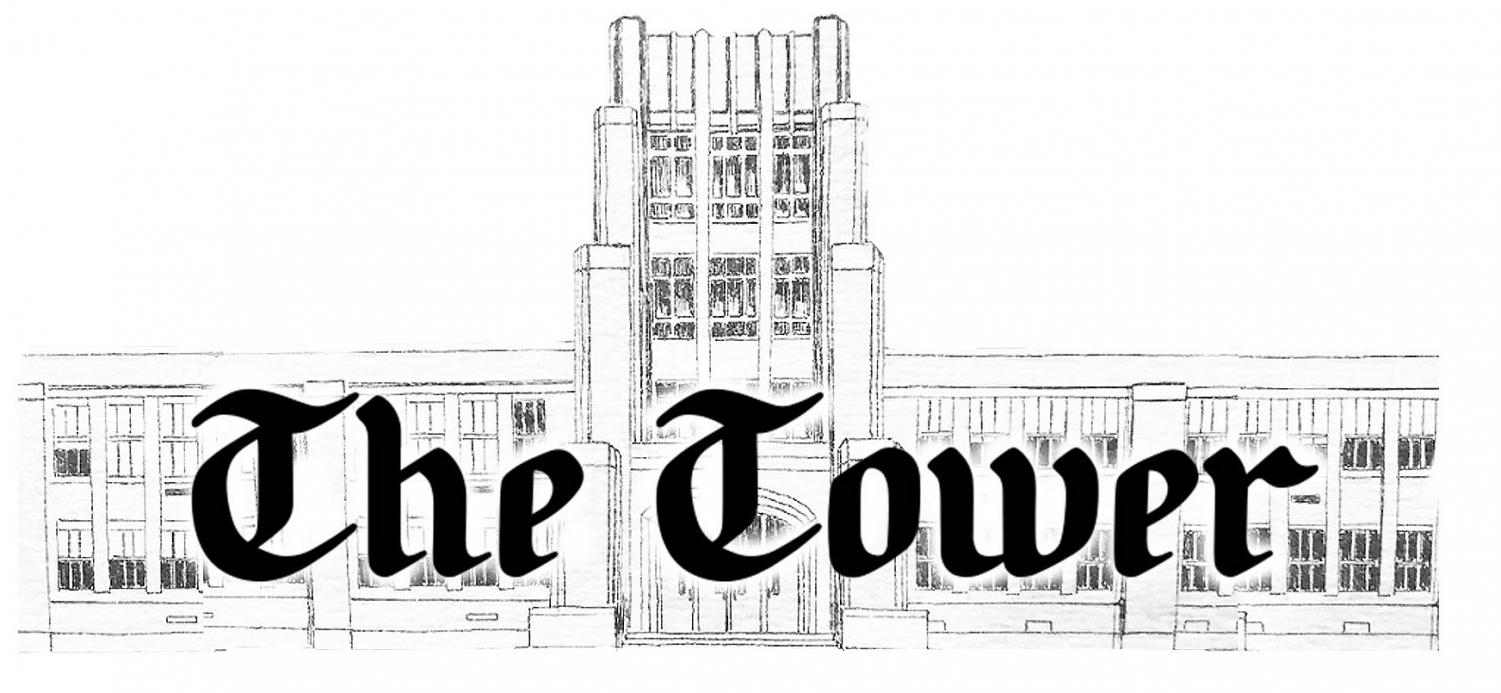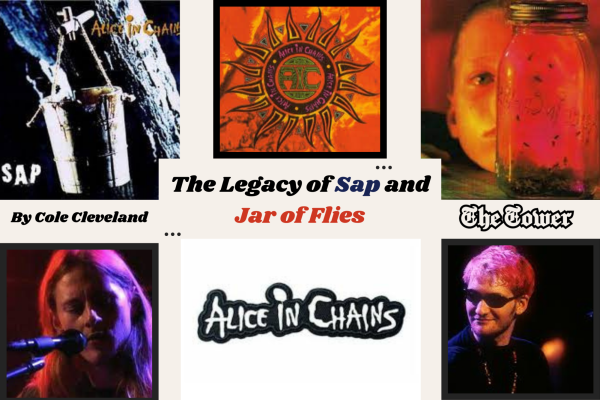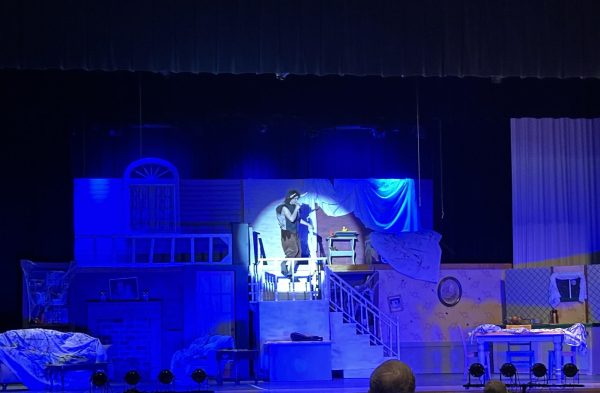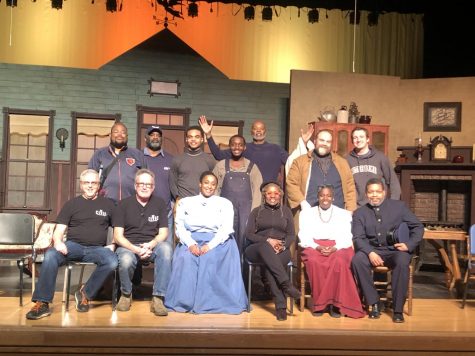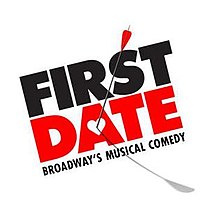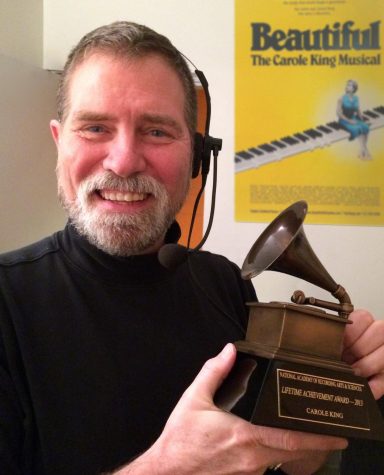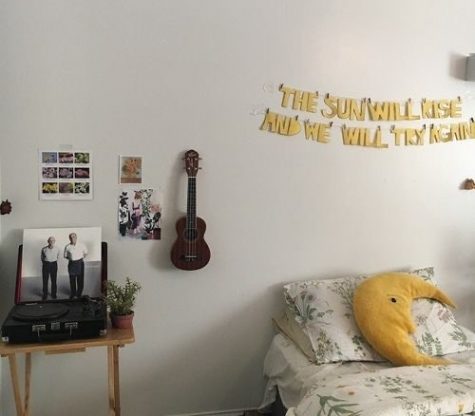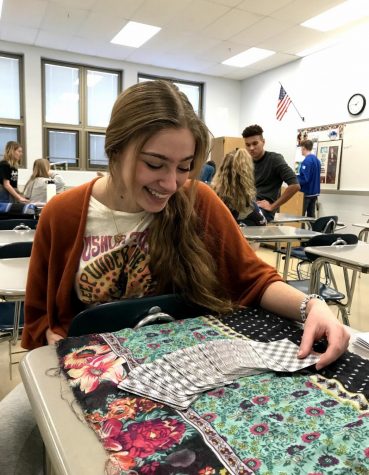BEETLEJUICE’s Lynn Spector talks dramaturgy
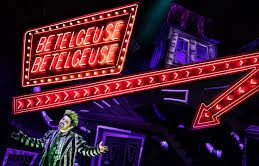
“Beetlejuice” on Broadway
When seeing a professional production, often we notice only what’s right in front of us. Whether it’s the actors who perform, the costumes they wear, the sets, the sounds, a keen eye may even notice the way the lights transition. We forget, however, that putting up a Broadway show takes a village. There are so many roles in fact, even theater experts don’t always understand what many of the jobs entail. In this case, that role is dramaturgy.
The job of a dramaturg can sometimes be unclear to say the least. So unclear that the title varies from show to show. Generally, the job consists of working alongside the playwright and director to interpret the script. The term dramaturg has its origins in Greece: drama- theater,
“Not many people are familiar with it because it’s not always a dedicated person with the title. Sometimes a member of the stage management team, a writer’s assistant, or even an assistant director might do the work,” says Lynn Spector, one of the best dramaturgs in the business. Dramaturgy isn’t always her title, however.
She works mostly as a script supervisor, but what’s the difference? “I think dramaturgy is a major part of script supervision. With a musical especially, there’s a lot of formatting on the page.” Spector explains. “When I‘m thinking dramaturgically as a script supervisor, I’m considering who’s using the script and what information they need. Little details can help tell the story on the page that much more clearly. And telling the story more clearly is what dramaturgy is all about!”
On top of that, script editing requires even more attention once it comes time to rehearse. “With line notes, there are writers who want the actors to say every word as written, and writers who tell me to ‘use my best judgement.’ It’s the second kind which requires a ton of dramaturgical consideration as to whether what the actor said changes the meaning of the line (or ruins a joke!), or changes something about a character — like using a phrase that sounds too modern in a period piece or fixing intentionally wrong grammar.”
“With Beetlejuice, for example, I was in charge of all things script. If a lyric changed, it went in the script. If a line changed, it went in the script. If actors had a question about a line or sometimes even when they wanted to run lines, they came to me. My nose was in the script so much sometimes I feel like I didn’t actually watch the show until opening night!”
Okay, let’s backtrack for a minute. Did she say she worked on Beetlejuice? As in the Tony award winning, wildly popular musical?
Yes. Yes she did.
Naturally, I had to fangirl for a second. What was it like working on a show so wildly popular? “I feel so incredibly lucky to have worked on Beetlejuice. There aren’t many shows where the writing is so sharp, the actors are at the top of their game, the creative team led by the amazing [Director] Alex Timbers is as kind and smart as they are creative. The writers — Anthony King, Scott Brown, and Eddie Pefect — and their script and songs really set the tone of a room full of humor. It’s also a show with a big heart. I woke up every morning excited and grateful that this was where I got to work!”
One thing people don’t always realize about musicals is how much got cut in pre-production. “Those of us who worked on the show a long time still mourn the loss of songs, jokes, and effects that got cut before we even had a paying audience. Most notoriously, there was a brief reprise of “Dead Mom” that Beetlejuice had in the second act after he killed a bird called “Dead Bird.” We missed it so much that a version of the song was released on Thanksgiving on the Beetlejuice social media accounts”
On top of her work with Beetlejuice, Lynn also mentions traveling around with David Blane (The Illusionist) on one of his international tours. “It’s a crazy story. My best friend was assisting the director of the tour, which was rehearsing in New York. She brought me in as a production assistant for rehearsals. They realized they needed someone to run sound and video cues during the tour. I got a call on a Saturday afternoon and Monday afternoon I was on a plane!” This took Spector everywhere. “I spent a month visiting places I never thought I‘d go! I had midnight shawarma in Abu Dhabi, went on a safari in South Africa, and saw the Batu Caves in Kuala Lumpur. In between I got to experience the breakneck speed of tech-ing a show in a new venue every couple days and even changing cues night to night. In some regards the performance was closer to what happens for a rock concert than to a traditional theater show (which I’m more used to). It was quite a ride!” Never underestimate the powers of networking, kids.
As a closing thought, I asked her what advice she had to provide for those interested in pursuing theater. “Do anything and everything! Seriously! Some of the most amazing artists (and some of the best dramaturgs) are the most interesting people. Read. And not just books or plays, but articles and interviews. Listen to podcasts. Go places. Take classes about things outside of theater. Be curious. Learn the most random things. It’s always surprising to me when something that has nothing to do with theater ends up being useful or relevant to a show I‘m working on. Anyone who’s interested in any career in theater should be doing as many different theater jobs as possible. I think it gives everyone a chance to understand how much artistry goes into a show. And don’t underestimate math! A lot of people in the arts think they won’t need math if they go into the arts. I‘m not saying everyone needs calculus on the regular, but being able to do some mental math in your head (especially adding time increments) will make your life easier and make you super valuable. It’s all so much easier (and more impressive) if you can do it in your head without fumbling for your calculator app.”
“Finally, theater is a SMALL world, kindness and hard work pay karmic dividends!”
You can find her whole resume of work here.
Your donation will support the student journalists of The Tower and John Adams High School. Your contribution will allow us to purchase equipment and cover our annual website hosting costs.

Mimi Panzica is a current senior at John Adams High School and is in her first year at The Tower. Born and raised in South Bend, Mimi has taken an interest...
